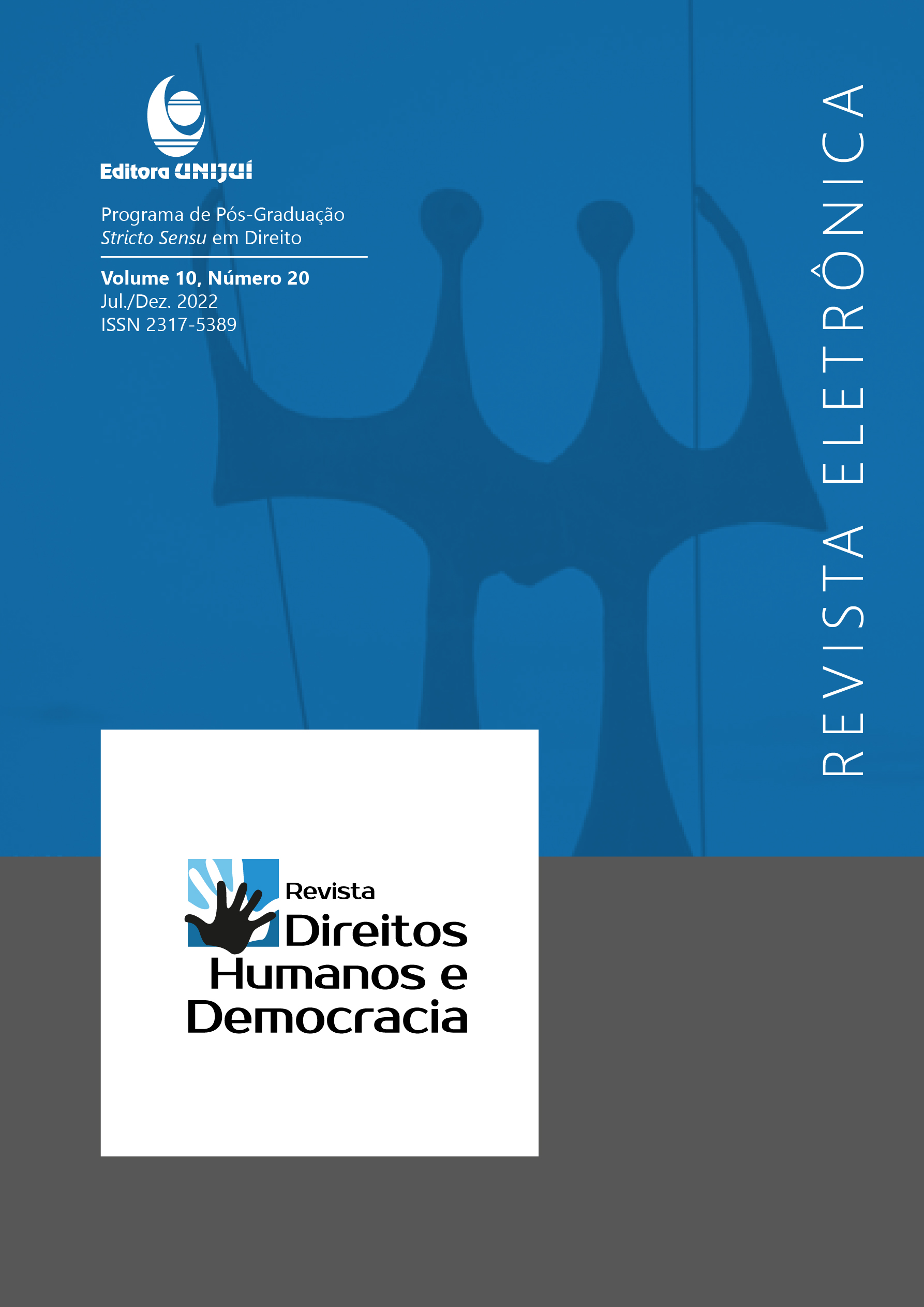The importance of an association for the construction and formation of deaf culture
DOI:
https://doi.org/10.21527/2317-5389.2022.20.12620Abstract
This work aims to address the importance of an Association for deaf people, especially in the first years of life, where the child is discovering himself as a person and subject, and in the case of a deaf child, learn LIBRAS as a first language, with exchanges experiences, friendships, with other deaf people who already know Libras. And will be presented the association Afaps MS - Association of families, friends, professionals and deaf people, which was
born in 2018, in Campo Grande/MS. It will be presenting its history, how it started, what goals and its achievements in our society. The association has a social, cultural and civic function to defend the rights of its members. Afaps MS has already won many victories for the deaf community, through projects and actions that are rescuing the dignity of deaf people, providing their protagonism, their development, transforming society into a more accessible and inclusive place for all deaf people.
Downloads
Published
How to Cite
Issue
Section
License
Copyright (c) 2022 Revista Direitos Humanos e Democracia

This work is licensed under a Creative Commons Attribution 4.0 International License.
By publishing in the Revista Direitos Humanos e Democracia, authors agree to the following terms:
Articles are licensed under the Creative Commons Atribuição 4.0 Internacional (CC BY 4.0), which allows:
Share — copy and redistribute the material in any medium or format;
Adapt — remix, transform, and build upon the material for any purpose, including commercial use.
These permissions are irrevocable, provided the following terms are respected:
Attribution — authors must be properly credited, with a link to the license and indication of any modifications made;
No additional restrictions — no legal or technological measures may be applied that restrict the use permitted by the license.
Notices:
The license does not apply to elements in the public domain or covered by legal exceptions.
The license does not grant all rights required for specific uses (e.g., image rights, privacy, or moral rights).
The journal is not responsible for opinions expressed in the articles, which remain the sole responsibility of the authors. The Editor, with the support of the Editorial Committee, reserves the right to suggest or request modifications when necessary.
Only original scientific articles presenting research results of interest, not previously published or simultaneously submitted to another journal with the same purpose, will be accepted.
References to trademarks or specific products are intended solely for identification purposes and do not imply any promotional endorsement by the authors or the journal.
License Agreement: Authors retain copyright over their articles and grant the Revista Direitos Humanos e Democracia the right of first publication.













